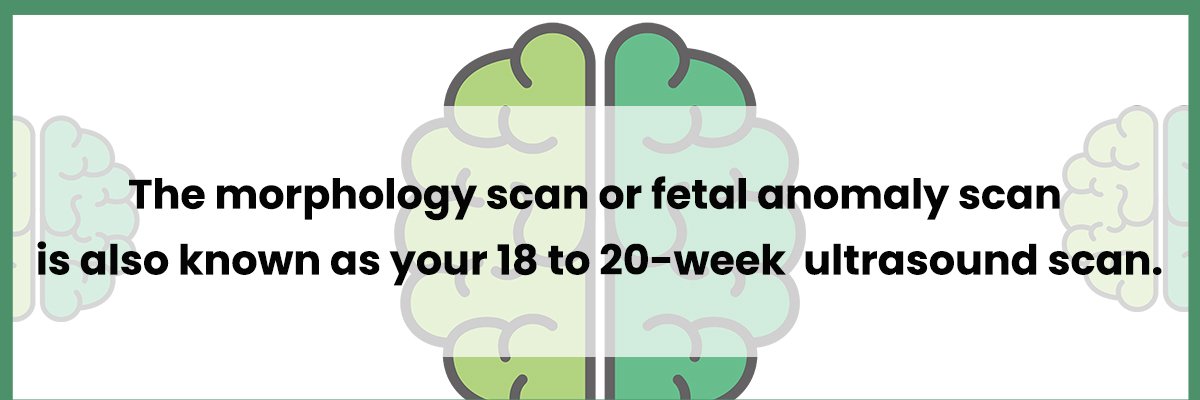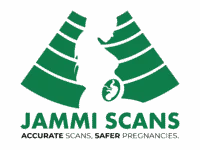Early detection of fetal anomalies allows expectant mothers to receive early intervention and better management.
In cases of lethal anomalies, it will be safer for mothers to terminate the pregnancy early. However, there are certain limitations of anomaly scans and studies have proven it. This blog discusses the same.
Table of Contents
ToggleA quick look through – Anomaly Scans

It looks for abnormalities in your baby’s structural development and growth. It also checks the position of the placenta. It is not a test for chromosomal abnormalities.
The ultrasound scan also provides you with an opportunity to see your baby, often for the first time.
While this can be a very exciting and emotional time it is important to remember that this is a medical examination and the main purpose of the scan is to detect structural abnormalities.
How accurate are the anomaly scans?
In experienced hands, the anomaly scans usually detect the majority of congenital problems that would necessitate specialist care for the baby. However, ultrasound cannot diagnose all congenital problems.
Some conditions can be detected very accurately, such as more than 90% of babies with open spina bifida. At least half of all babies with heart defects can be identified before birth. Some conditions, such as autism and some genetic syndromes, cannot be detected with ultrasound.
The limitations of the anomaly scans
It is critical to understand that not all parts of the fetus will be visible on this scan. Although ultrasound can detect some birth defects, it cannot detect many others.
At 18 to 20 weeks, structural anomalies are detected at a rate of 40 to 70%.
It is critical to remember that a normal ultrasound does not always imply that your baby will be born normally.

The best time to look for birth defects is between 18 and 20 weeks of pregnancy, but some will not show up until later in the pregnancy.
Anatomical areas like the heart, face, and hands are difficult to evaluate, and not all defects are detectable. Other factors include your body type, scars from previous operations, and the way you walk.
What do studies say about the limitations of anomaly scans?
In one of the studies, it was discovered that using a transvaginal approach in addition to a transabdominal approach significantly improved structure visualisation.
However, the transvaginal approach restricts scan planes and lengthens scan time. When better visualisation is required, such as in obese mothers, the use of transvaginal sonography (TVS) is justified.
Similar findings have been found in other studies where a majority of studies preferred an extended protocol that included first-trimester sonography followed by a second anomaly scan.
The apparent advantage of an extended protocol was that expecting mothers were given the option of terminating their pregnancy earlier and more safely for severe or lethal abnormalities.
An early ultrasound may be more accurate than second-trimester ultrasound in detecting malformations associated with oligohydramnios and hydramnios.

Why can an anomaly scan not be skipped?
Early detection is advantageous for the timely management of congenital malformations. Most importantly, it allows for earlier and safer pregnancy termination in cases of lethal anomalies.
The main limitation of an early fetal anomaly scan is that the majority of abnormalities are difficult to identify because of ongoing fetal development and the delayed onset of some anomalies. As a two-stage screening process, a second-trimester anomaly scan should be performed in addition to the early screening.
To avoid potential diagnostic pitfalls, good embryological and sonography knowledge is required.
What do we do at the Jammi Scans?
On the day of your scan, you will be given the results and the findings will be explained to you at the Jammi Scans.
If you have any specific concerns due to family history or increased risk at first-trimester screening, please let us know at the start of the scan.
Your referring fetal medicine specialist will receive a copy of the report. If an abnormality is discovered, a fetal medicine specialist will advise you on what it could mean, whether additional tests are necessary to confirm the diagnosis, and what treatment options are available.

Call us at +91-7338771733 or +91-44-43594620 to book your appointment.
Deepthi
Dr. Deepthi Jammi (Director, Jammi Scans) is a qualified OB/GYN and Post-Doc in Maternal Fetal Medicine. As a pregnancy ultrasound expert, she is passionate about healthy pregnancies and works towards spreading awareness on the latest diagnostic options available for parents to choose from. Dr.Deepthi has received gold medals and awards in Fetal Medicine at international and national conferences, and has appeared in numerous prestigious regional magazines and TV interviews.




